Most Common Dental Procedures

Importance of Dental Cleanings
Maintaining proper oral hygiene is essential for overall health. Professional dental cleanings play a vital role in this process, helping to prevent a range of dental issues and supporting general well-being.

Role of Professional Cleanings
Professional dental cleanings are essential for effectively removing plaque and tartar buildup that can lead to tooth decay and gum disease. While daily brushing and flossing are critical parts of oral care, these home practices may not reach all areas of the mouth, leaving opportunities for dental issues to develop.
A regular schedule for dental cleanings, typically recommended at least twice a year, leads to better oral hygiene. These appointments allow dentists to provide comprehensive examinations and preventive treatments necessary for maintaining the long-term health of the mouth.
In addition to cleaning, professional visits help identify early signs of problems that could lead to more significant health issues if not addressed promptly.
Impact on Oral and General Health
The significance of dental cleanings extends beyond oral health. Insufficient oral hygiene has been linked to serious health conditions, including heart disease and diabetes (Smiles Dental Care). Studies suggest that infections in the mouth can contribute to systemic health concerns, emphasizing the importance of maintaining oral health through routine care.
Moreover, factors such as smoking, genetics, and existing medical conditions can influence a person’s need for more frequent dental cleanings (North Point Dental Associates). Dentists take these elements into account to create personalized cleaning schedules that cater to individual health needs.
By prioritizing professional cleanings, individuals can significantly improve their oral health, which in turn supports their overall well-being. Exploring further into the significance of consistent dental care may clarify why routine visits should not be neglected. For more information on how to choose the right dental provider, refer to our guide on how to choose a cosmetic dentist near me?.
Dental Cleaning Recommendations
Maintaining oral health involves regular dental cleanings tailored to individual needs. The frequency of these cleanings can significantly affect overall dental health.
Frequency Guidelines
General recommendations suggest that most individuals should undergo professional dental cleanings every six months. However, this may vary based on specific health conditions and lifestyle choices. The following table outlines common recommendations:
Cleaning FrequencySuitable ForEvery 3 monthsIndividuals with a history of dental issues or certain health conditionsEvery 6 monthsMost individuals without significant risk factorsEvery 9 to 12 monthsSome individuals with excellent oral hygiene and no underlying conditions
Research indicates that while the traditional guideline has been for biannual cleanings, some people may only need cleaning once a year, particularly those without conditions such as diabetes or heart disease (North Point Dental Associates).
Personalized Cleaning Schedules
Determining an appropriate cleaning schedule should be a collaborative effort between the patient and their dentist. Personal health indicators, including genetics, lifestyle habits like smoking, and existing medical conditions heavily influence the recommended cleaning frequency (North Point Dental Associates).
Factors taken into account for creating personalized schedules include:
Even with a less frequent cleaning schedule, it's crucial for individuals to maintain a strict oral hygiene routine of regular brushing and flossing to safeguard their dental health effectively (North Point Dental Associates). For those interested in understanding what to expect during their cleaning appointments, more information can be found in our article on what to expect at a dental cleaning.
Common Dental Procedures
Understanding common dental procedures can help individuals better prepare for their visits to the dentist and maintain optimal oral health. Here, we explore routine exams and cleanings, root canals, and gum graft surgery.
Routine Exams and Cleanings
Routine exams and professional cleanings are essential for maintaining dental health. General guidelines recommend that patients have a dental cleaning every six months. Depending on individual oral needs, some patients may require cleanings every three months, while others may come in once a year. Regular dental exams, recommended at least twice a year, enable proper care and help in identifying any emerging issues early on.
Frequency of CleaningsRecommended forEvery 3 MonthsHigher risk for dental issuesEvery 6 MonthsGeneral recommendationEvery 9-12 MonthsLow risk individuals
Routine exams help in preventive treatment and ensure the overall health of the mouth. During these visits, dentists check for signs of gum disease, cavities, and other dental issues, allowing for early intervention.
Root Canals and Costs
Root canals are commonly performed procedures aimed at treating infections within the tooth. This process involves removing infected pulp from inside the tooth, cleaning and sealing it to eliminate infection, and preventing further damage.
The costs of root canals can vary significantly based on factors like the tooth involved, the complexity of the procedure, and geographic location. On average, the cost can range from $300 to $2,000 per tooth, with molars generally being more expensive due to their complexity. Patients should consult their dental provider for personalized estimates and consider asking about payment plans if needed.
Gum Graft Surgery
Gum graft surgery is a necessary procedure for individuals experiencing gum recession or bone loss around the teeth. During this surgery, tissue is taken from another area of the mouth or from a donor source and attached to the affected areas to restore gum height and prevent further recession.
The success of gum graft surgery can improve not just the aesthetic appearance of the smile but also the overall health of the gums, reducing the risk of tooth loss and infection. Like root canals, the cost of gum graft surgery can vary widely depending on the extent of the procedure and geographic location.
For more details on maintaining oral health and understanding specific dental procedures, patients can refer to various resources and consult their dental health providers for individualized care plans. Using proper dental hygiene practices at home plays a critical role in preventing the need for major procedures in the first place. For guidance on maintaining good oral health, consider exploring what makes a good family dentist near me? to find the right provider for your needs.
Preventive Measures and Home Care
Maintaining good oral health is crucial for preventing dental issues and minimizing the need for invasive procedures. Preventive measures and proper home care play a significant role in achieving this goal.
Dental Hygiene Best Practices
To ensure optimal oral health, it is recommended to follow these best practices:
For individuals at higher risk of dental issues, maintaining a strict oral hygiene routine becomes even more critical (Smiles Dental Care). Factors such as smoking, genetics, and medical conditions like diabetes and heart disease can influence one's dental health, highlighting the need for personalized care.
Best PracticeFrequencyBrush TeethTwice a dayFlossDailyMouthwashDaily or as needed
Benefits of Regular Exams
Regular dental exams are essential for early detection and prevention of dental problems. Dentists generally recommend routine exams and cleanings every six months. This frequency may vary for individuals with gum issues or a history of cavities, where more frequent visits may be necessary.
The benefits of regular exams include:
By committing to regular dental visits and incorporating effective home care practices, individuals can significantly improve their oral health and minimize the need for more complex and invasive dental procedures. For those looking to establish a dental routine, it's important to consider how to find an affordable dentist without insurance and to learn how to choose a cosmetic dentist near me?.
Advanced Dental Technologies
The evolution of dental technologies has significantly improved the efficiency and accuracy of dental procedures. Among these advancements, digital X-rays and laser dentistry stand out as transformative tools in the field.
Digital X-rays and Benefits
Digital X-rays have revolutionized the way dentists diagnose oral health problems. They eliminate the need for traditional film X-rays, which involve longer processing times and expose patients to higher radiation doses. Digital systems allow for immediate image display, enhancing diagnosis and treatment planning.
Benefits of Digital X-rays:
BenefitDescriptionReduced Radiation ExposureDigital X-rays require less radiation compared to traditional methods.Instant ImagingProvides immediate access to images, allowing for quicker diagnosis.Enhanced Image QualityOffers clearer images, making it easier for dentists to identify issues.Eco-FriendlyEliminates the need for film, chemicals, and processing equipment.
These advantages make digital X-rays a preferred choice for both patients and dental professionals, ensuring optimal care and safety.
Laser Dentistry Advancements
Laser dentistry has paved the way for precise and less invasive dental treatments. Lasers can be used for a variety of procedures, such as reshaping gums, removing tissue, and treating cavities. This technology provides several benefits, including minimized bleeding, reduced need for anesthesia, and quicker recovery times.
Advantages of Laser Dentistry:
AdvantageDescriptionPrecisionLasers target specific areas without affecting surrounding tissues.Reduced DiscomfortPatients often experience less pain and anxiety during procedures.Faster RecoveryTreatments generally result in quicker healing compared to traditional methods.
The integration of laser technology in dental procedures maximizes patient comfort and enhances recovery experiences.
The emergence of these advanced dental technologies underscores the importance of staying updated on the most common dental procedures available today. Using tools like digital X-rays and laser dentistry, dental practices are significantly improving outcomes and patient experiences in oral healthcare. For more insights into how to select the right dental service, check out our guide on how to choose a cosmetic dentist near me?.
Holistic Dentistry Approaches
In recent years, holistic dentistry has gained popularity among those seeking natural and less invasive dental care options. This approach emphasizes overall health and well-being, utilizing various natural remedies and innovative therapies to address dental issues.
Natural Remedies and Therapies
Holistic dentists often incorporate herbal remedies known for their antimicrobial properties, such as turmeric, garlic, and tea tree oil, to combat infections and aid in healing. This focus on natural solutions over synthetic options aligns with the principles of holistic healthcare, where the aim is to treat the person as a whole rather than just the symptoms.
Nutrition is also a key factor in holistic dentistry. Dentists may provide dietary recommendations that emphasize anti-inflammatory foods and supplements designed to support oral health and boost the immune system. This approach can ultimately lead to better overall health, as diet plays a crucial role in the body’s ability to fight infections and heal effectively (Northwest Natural Dentistry).
Holistic practitioners focus on reducing harm while effectively treating dental issues. Laser therapy is one such method that offers a precise and minimally invasive option for targeting infections and promoting health. This technology allows for effective treatment without the trauma often associated with traditional dental procedures.
Ozone Therapy and Alternatives
Ozone therapy serves as a non-invasive alternative to traditional dental treatments, such as root canal therapy. This innovative method utilizes ozone gas to eliminate bacteria and promote healing without the need for drilling or removing tooth pulp. As a result, it helps preserve the integrity of the tooth while addressing underlying infections. The use of ozone therapy provides a unique solution for those looking to avoid more invasive procedures and supports a holistic approach to dental care.
Examining the various alternatives and natural therapies available, holistic dentistry offers diverse options for individuals seeking to address their dental needs through non-invasive methods. By integrating these practices into dental care, patients can experience a more comprehensive approach to their oral health, leading to better overall well-being.
For anyone considering alternative dental care methods, understanding the benefits of holistic dentistry is essential. Additionally, following up with qualified practitioners ensures safe and effective treatment options are pursued, emphasizing the importance of a trusting relationship with one's dentist. For further guidance on finding a reliable dental professional, visit our article on how to tell if a dentist near me is trustworthy.
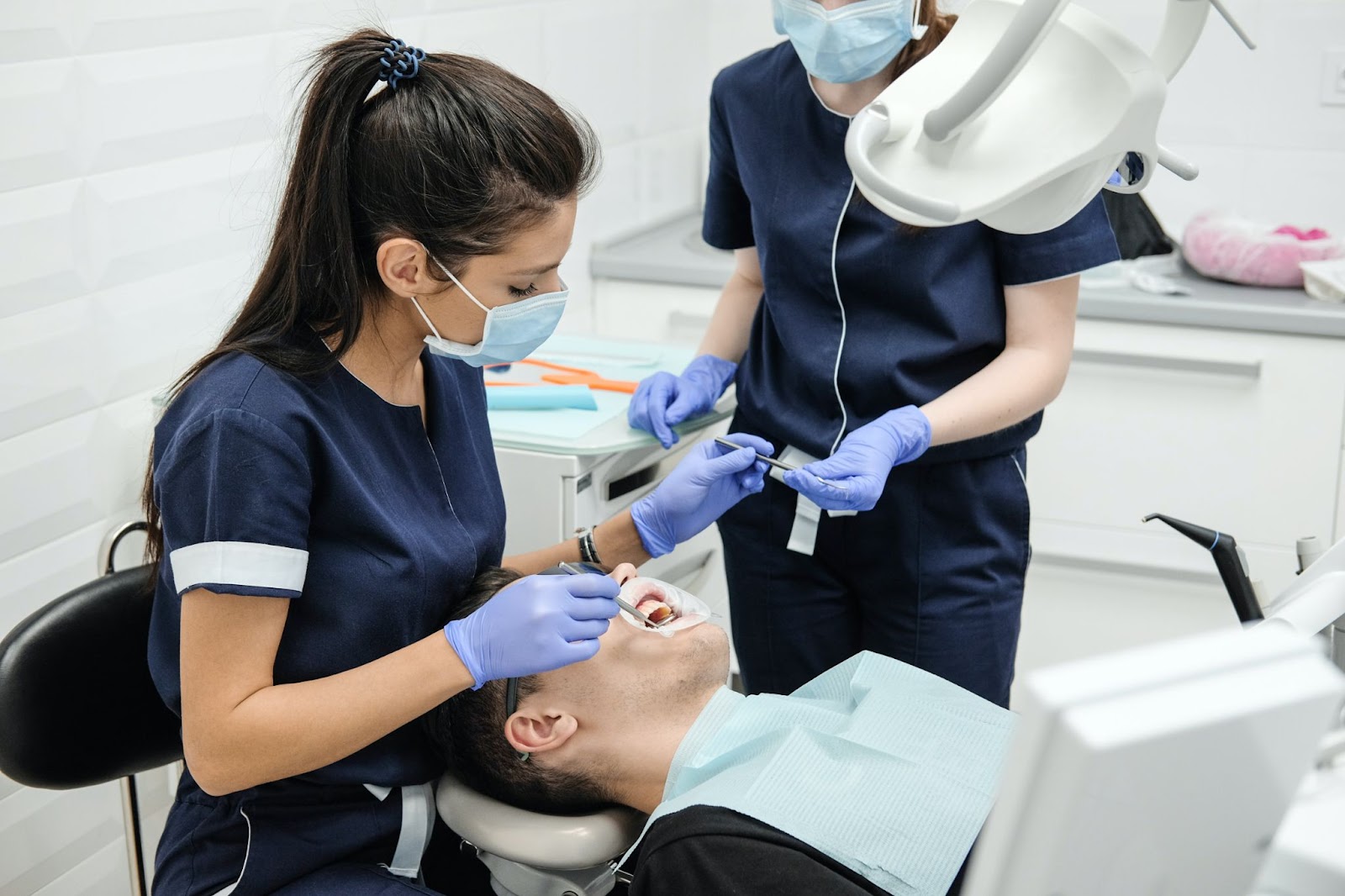



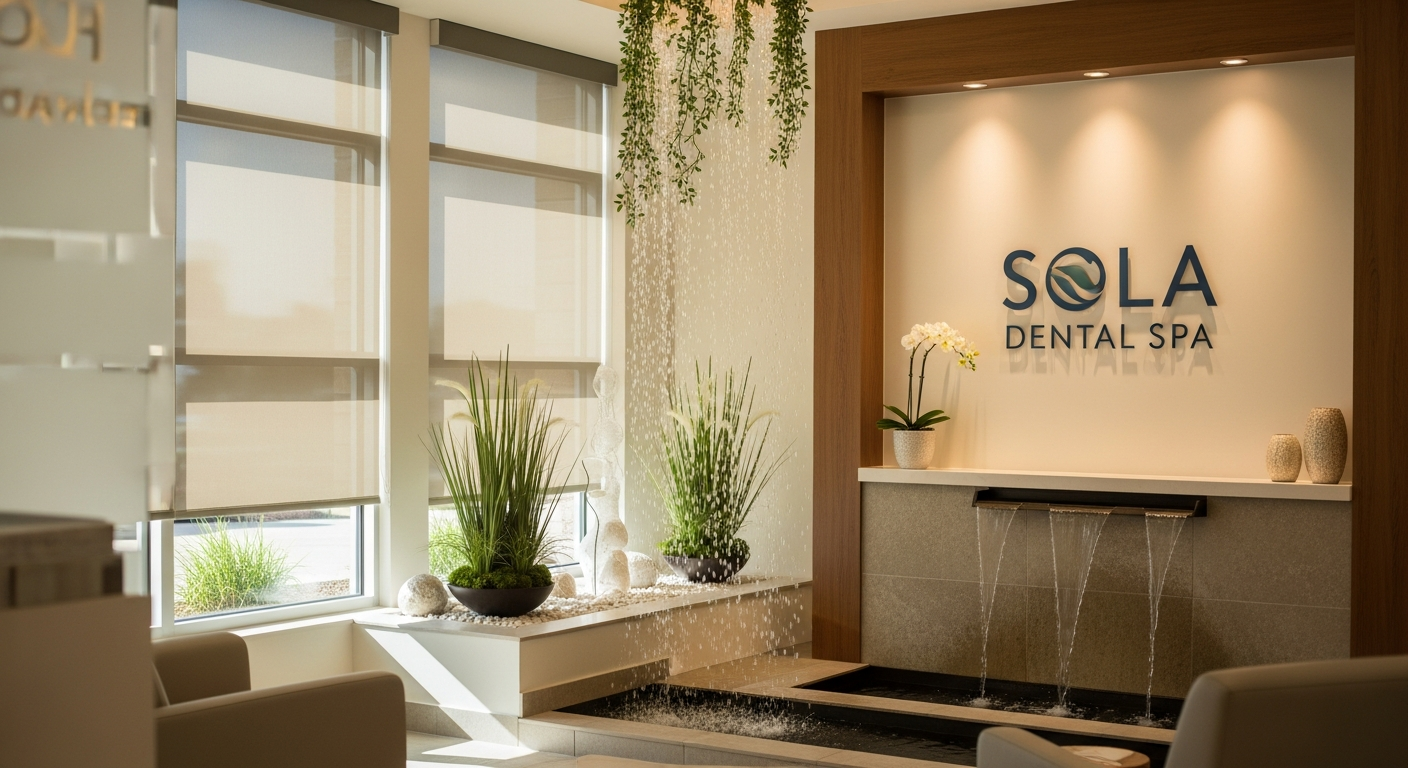
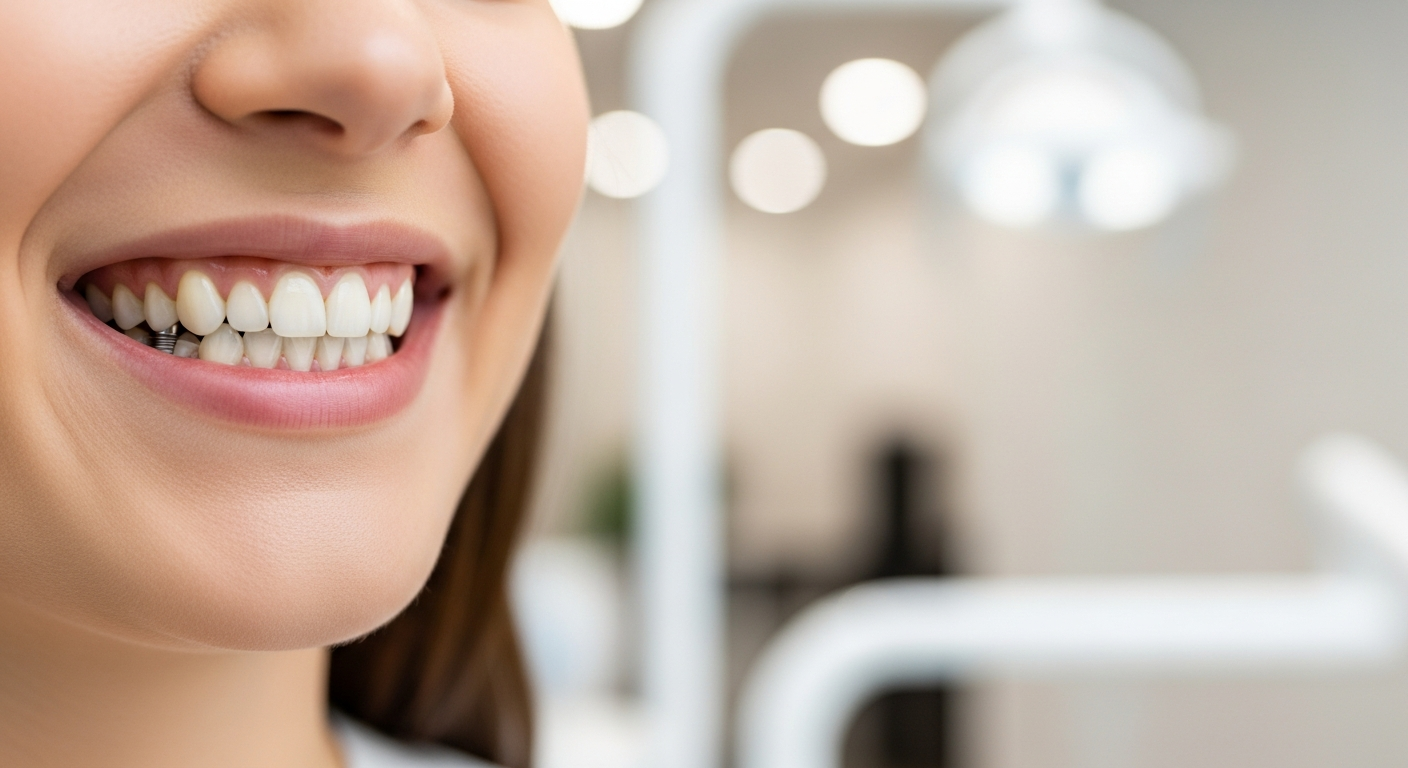
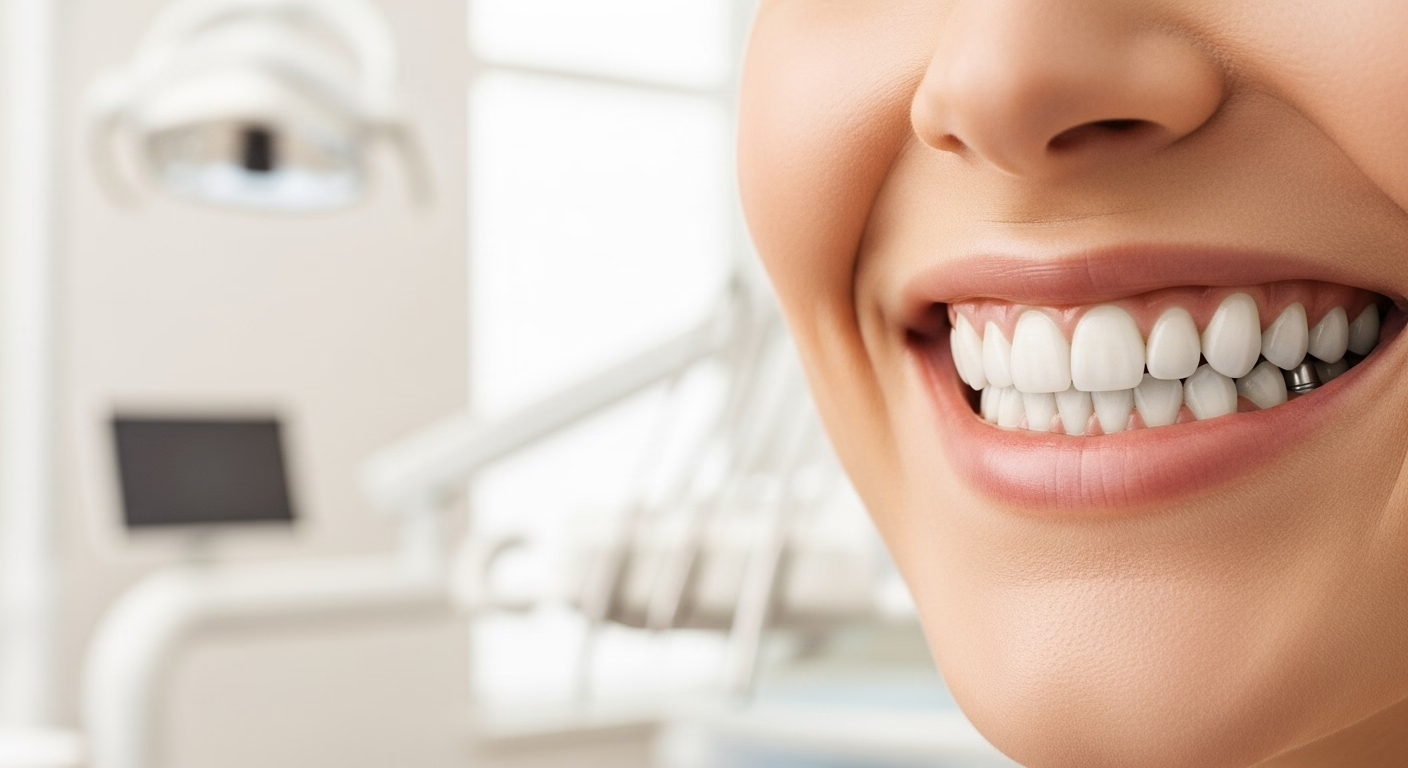
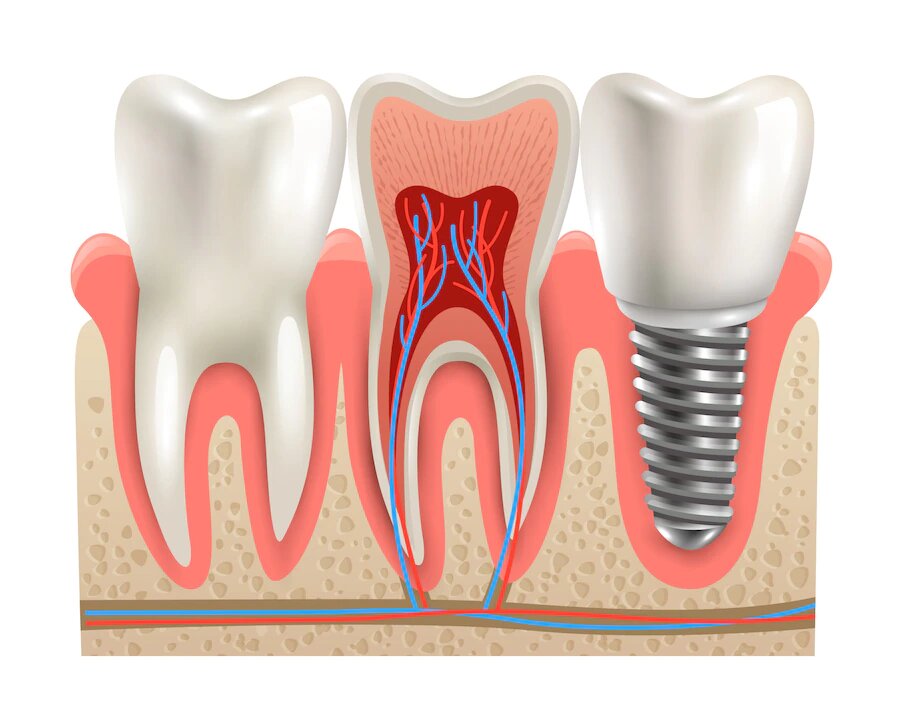
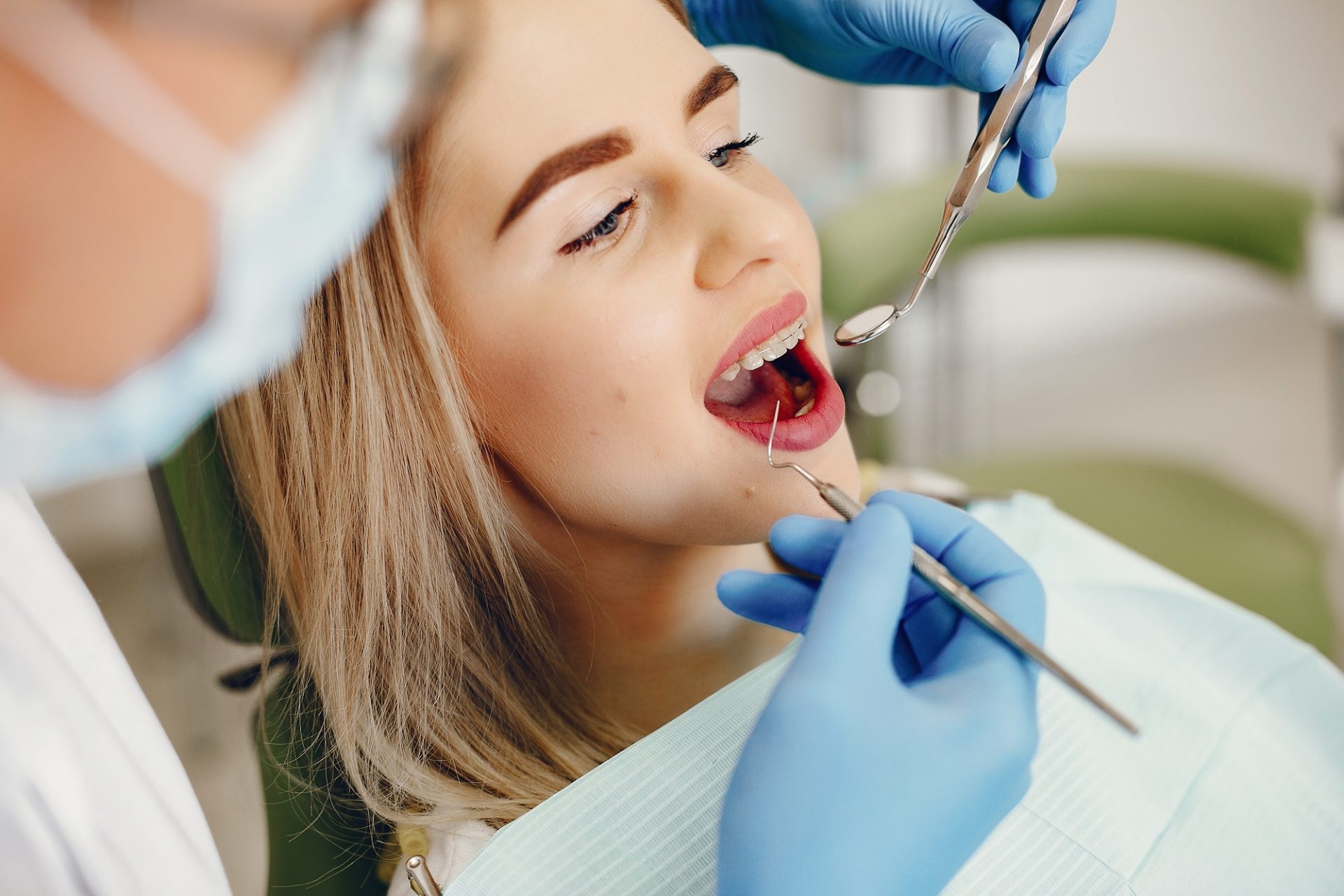



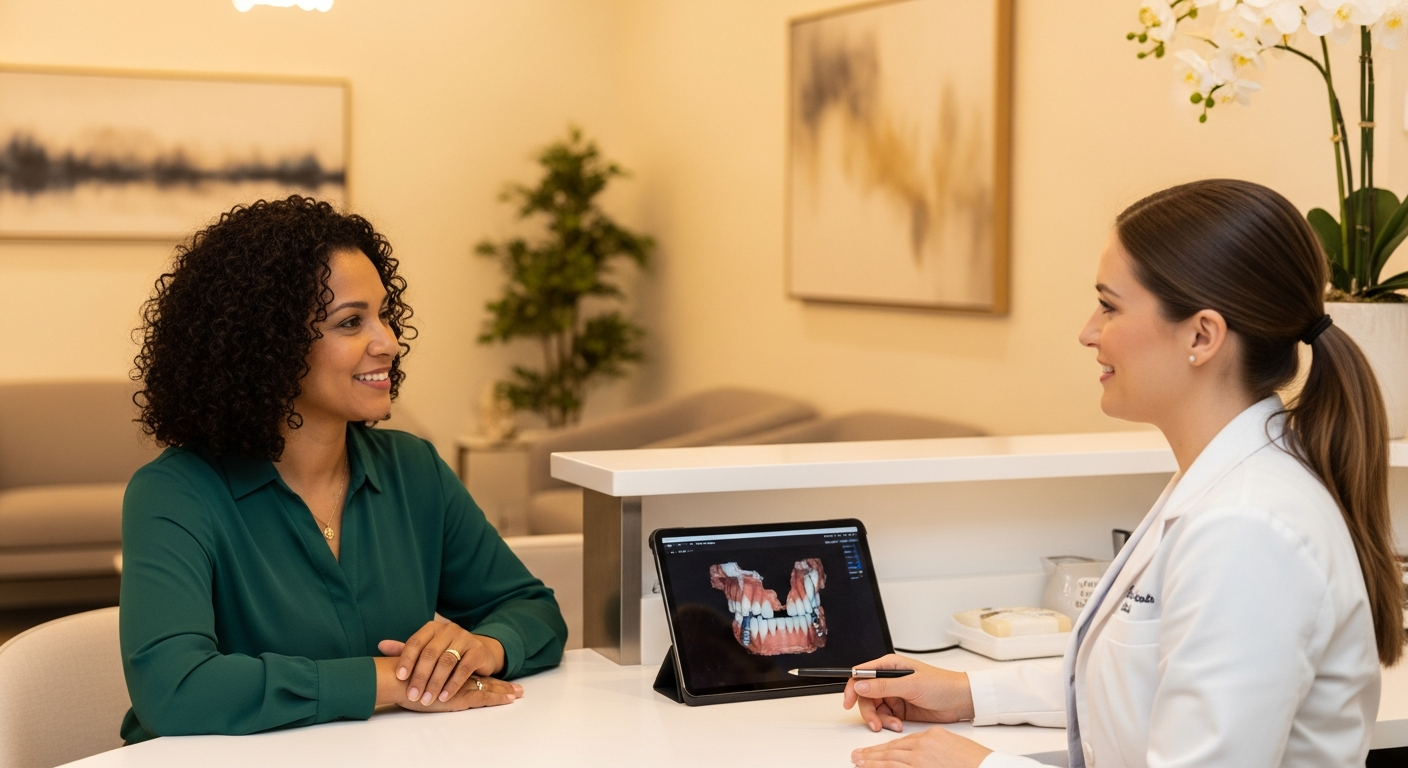



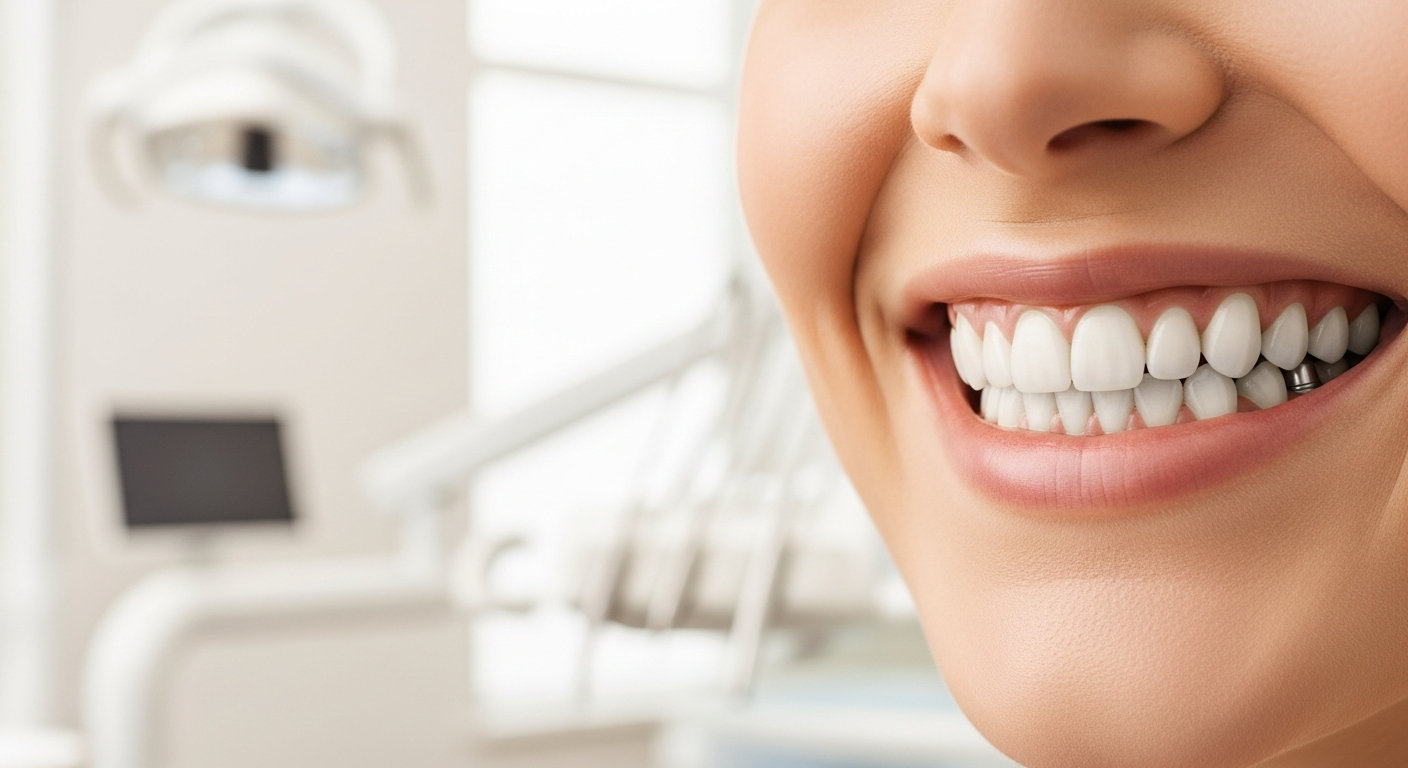

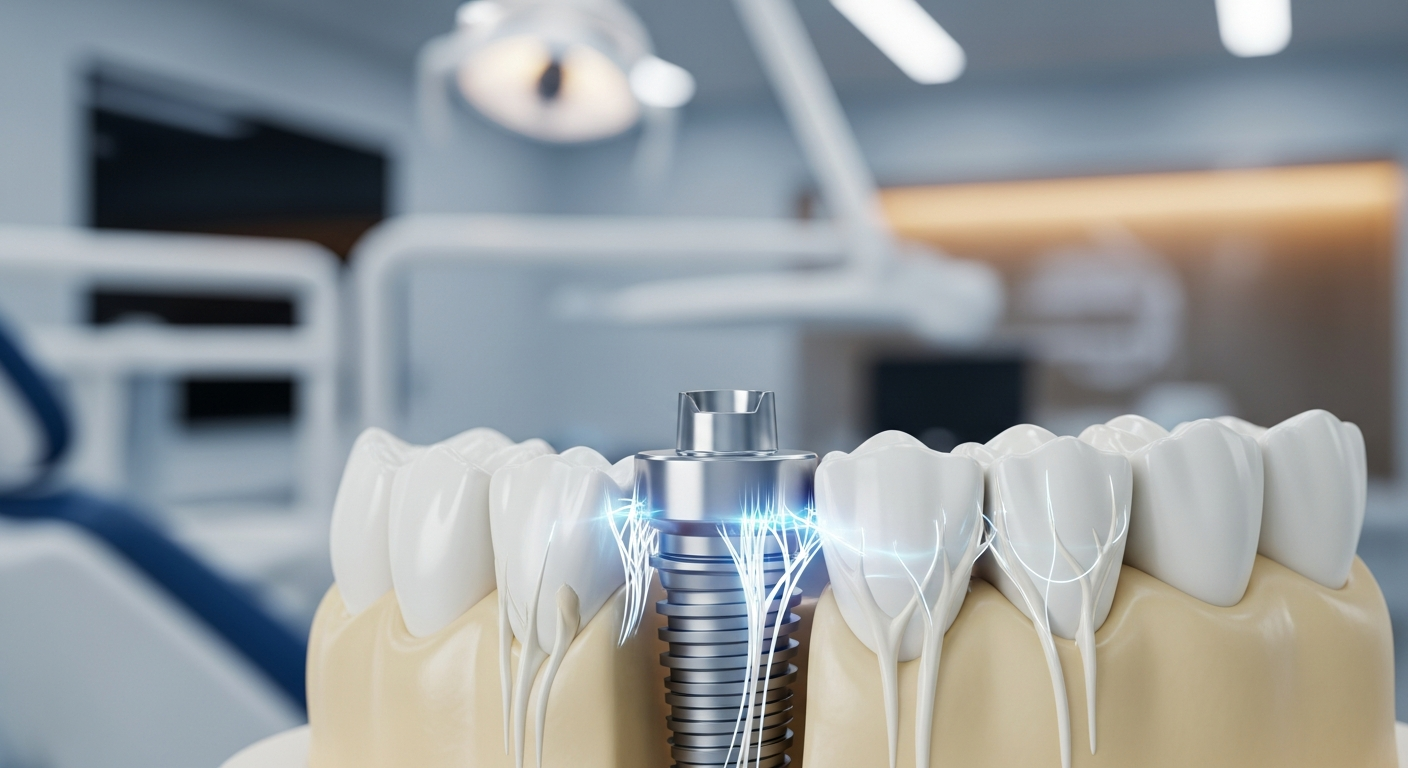
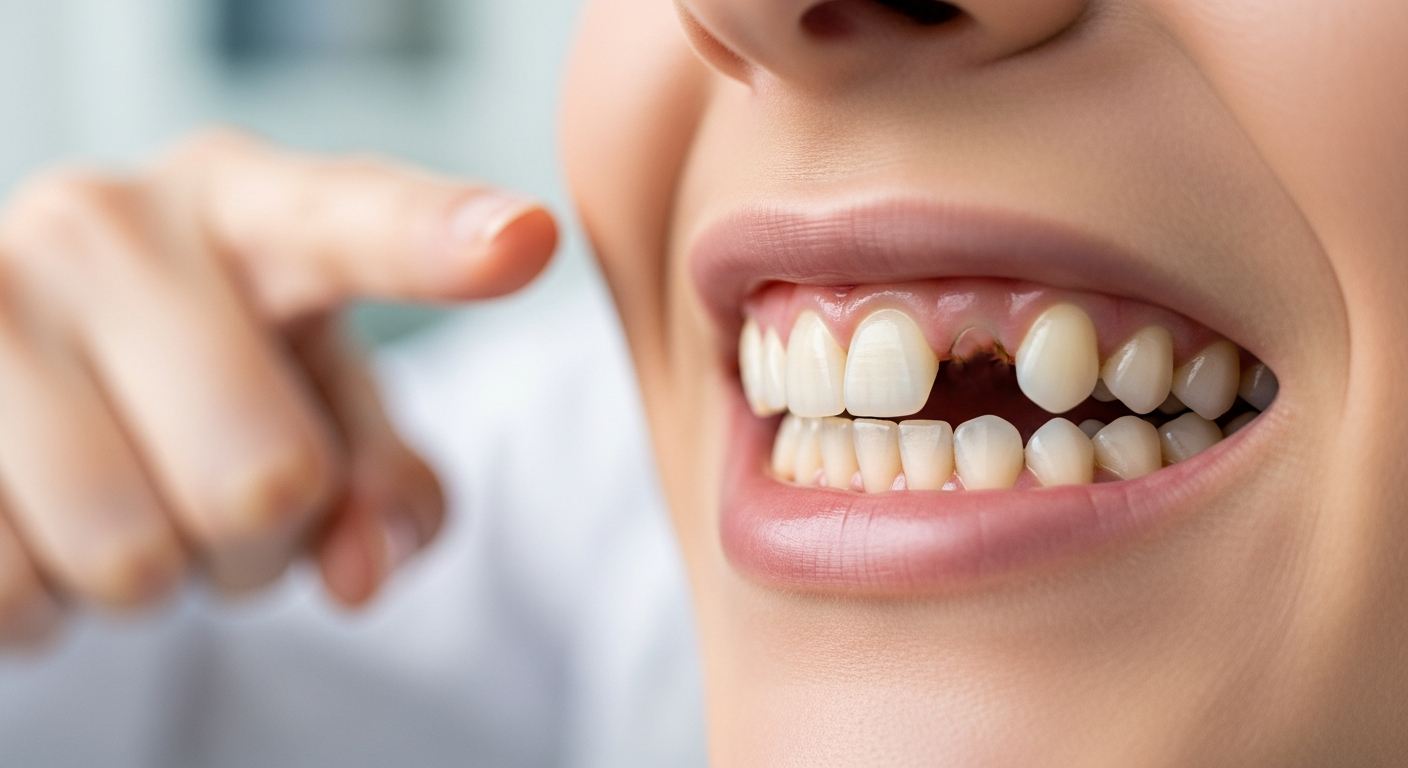




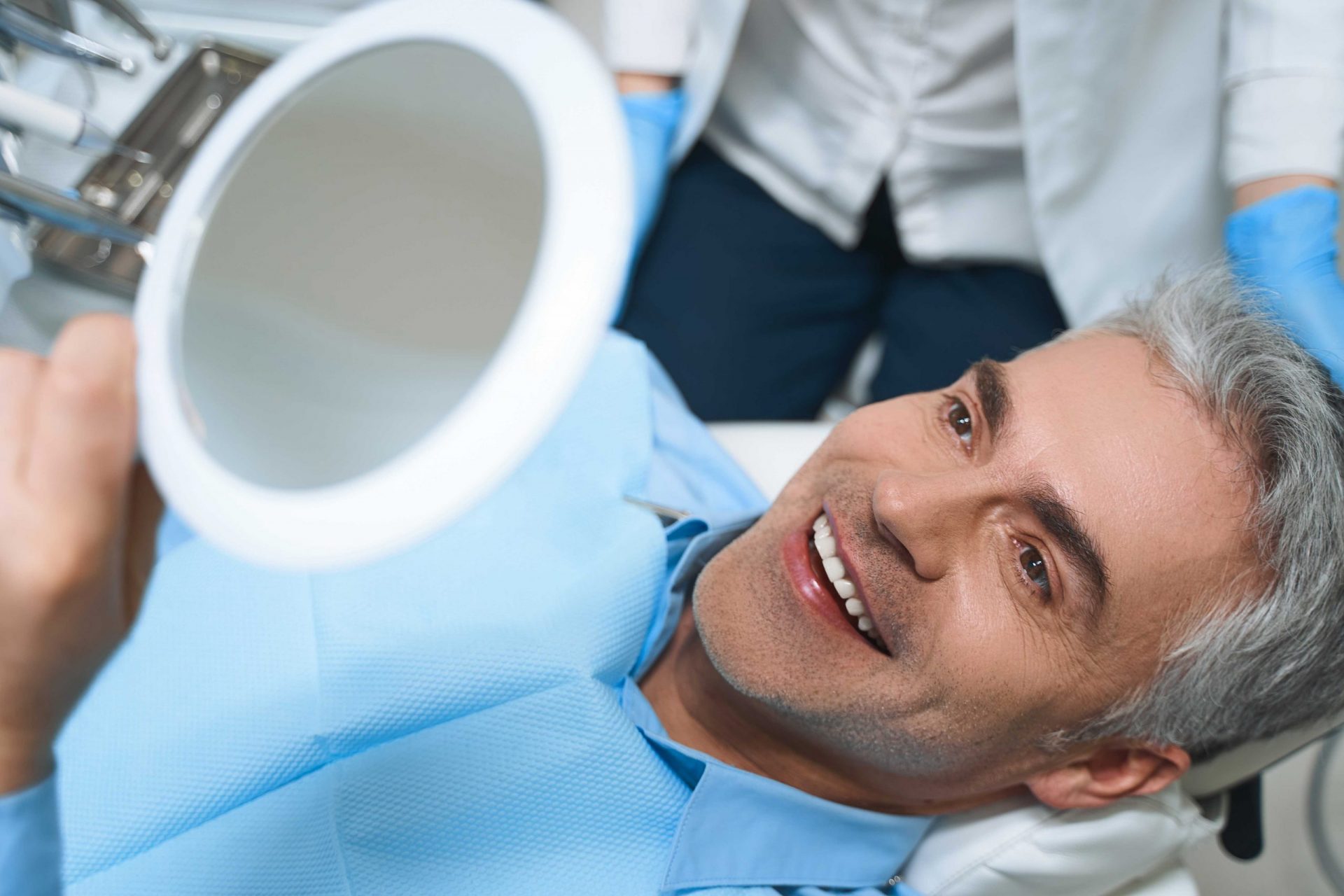
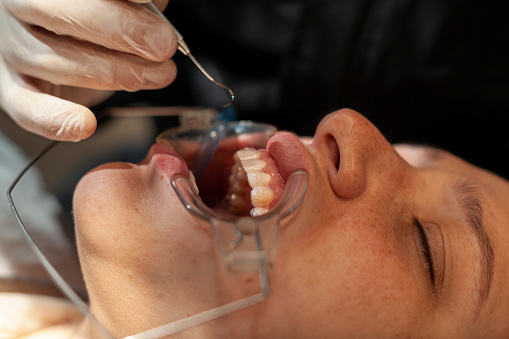

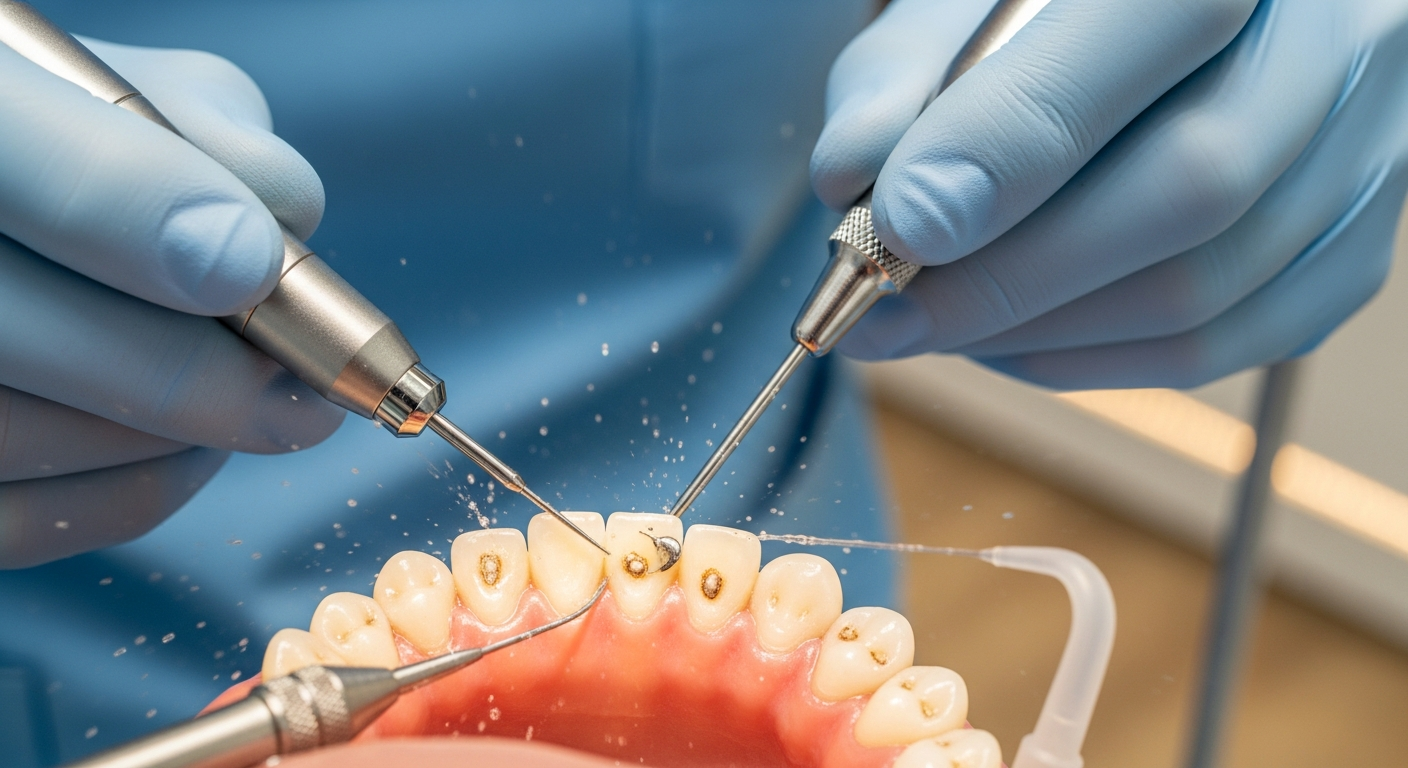

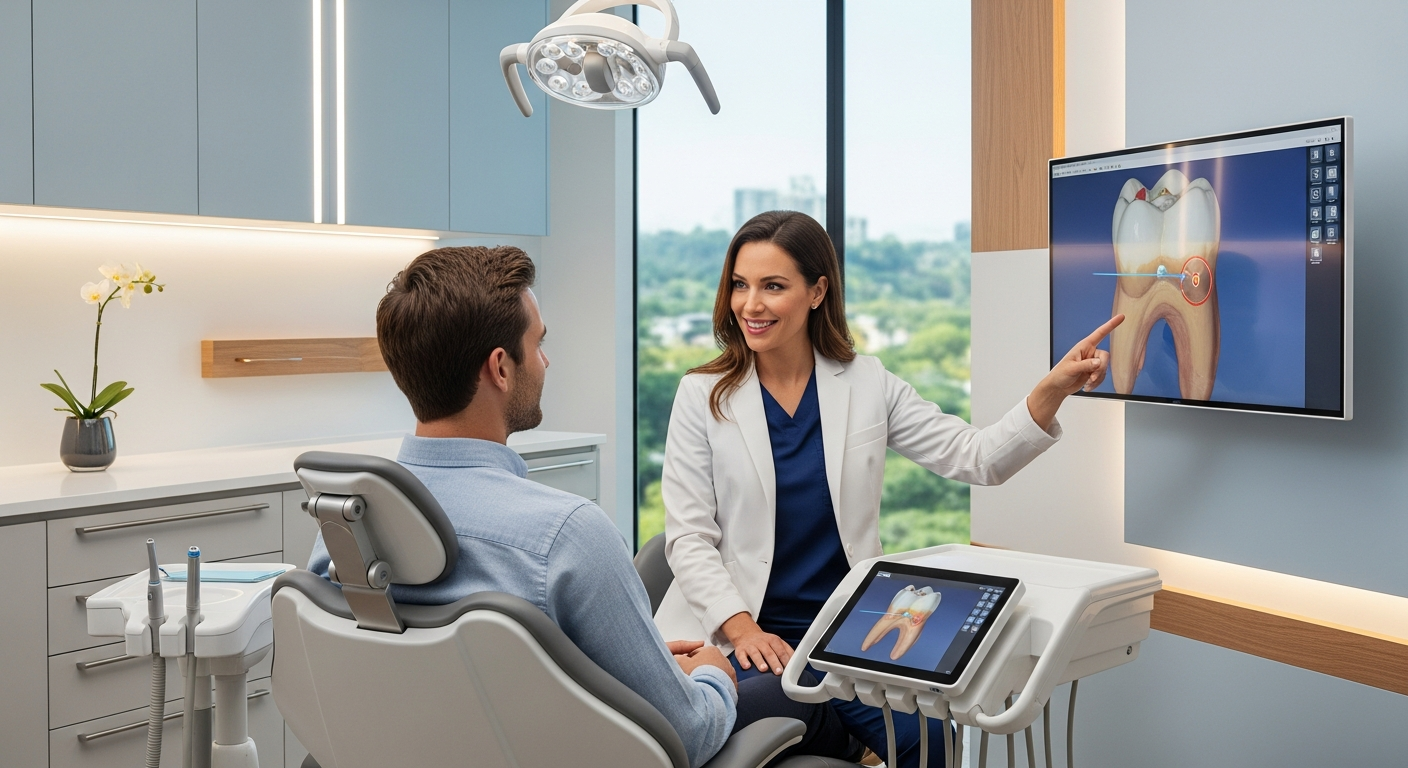
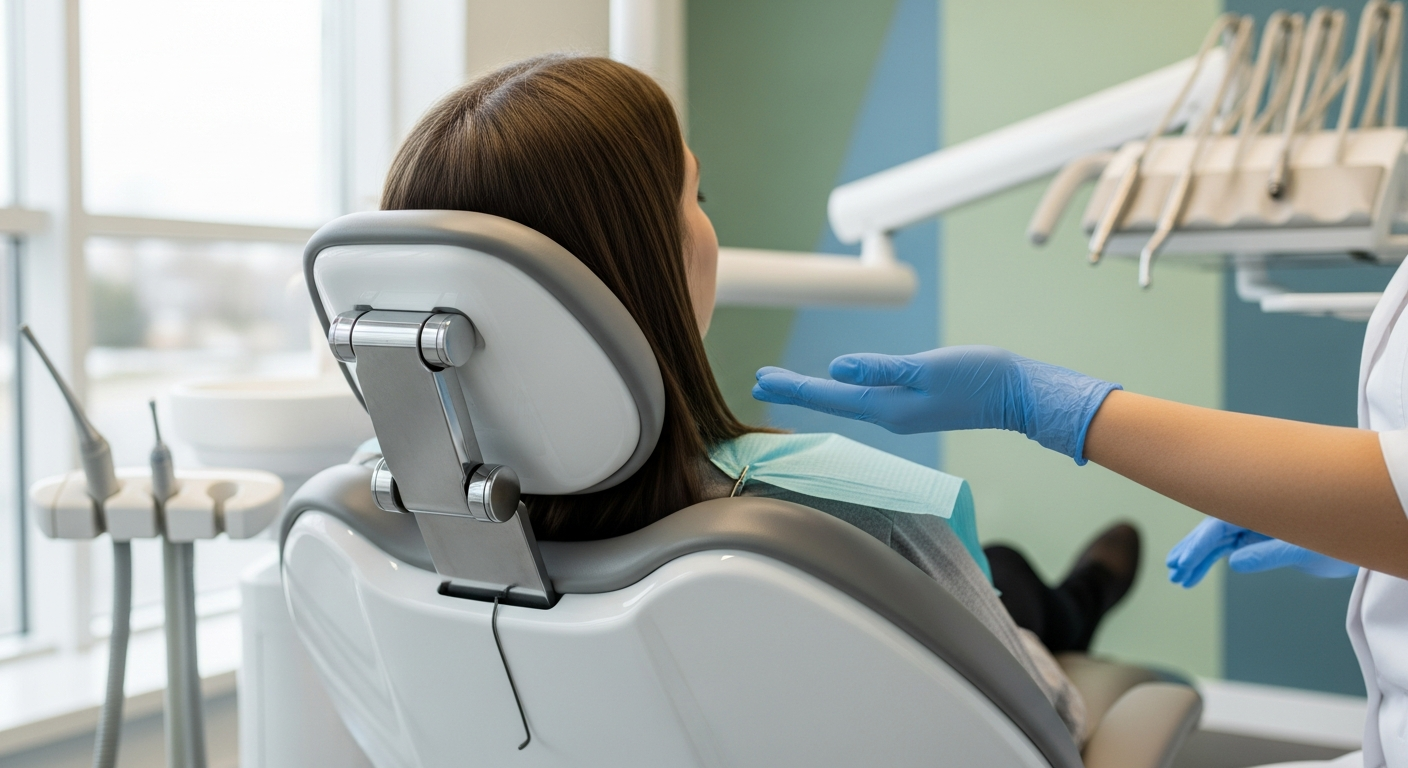

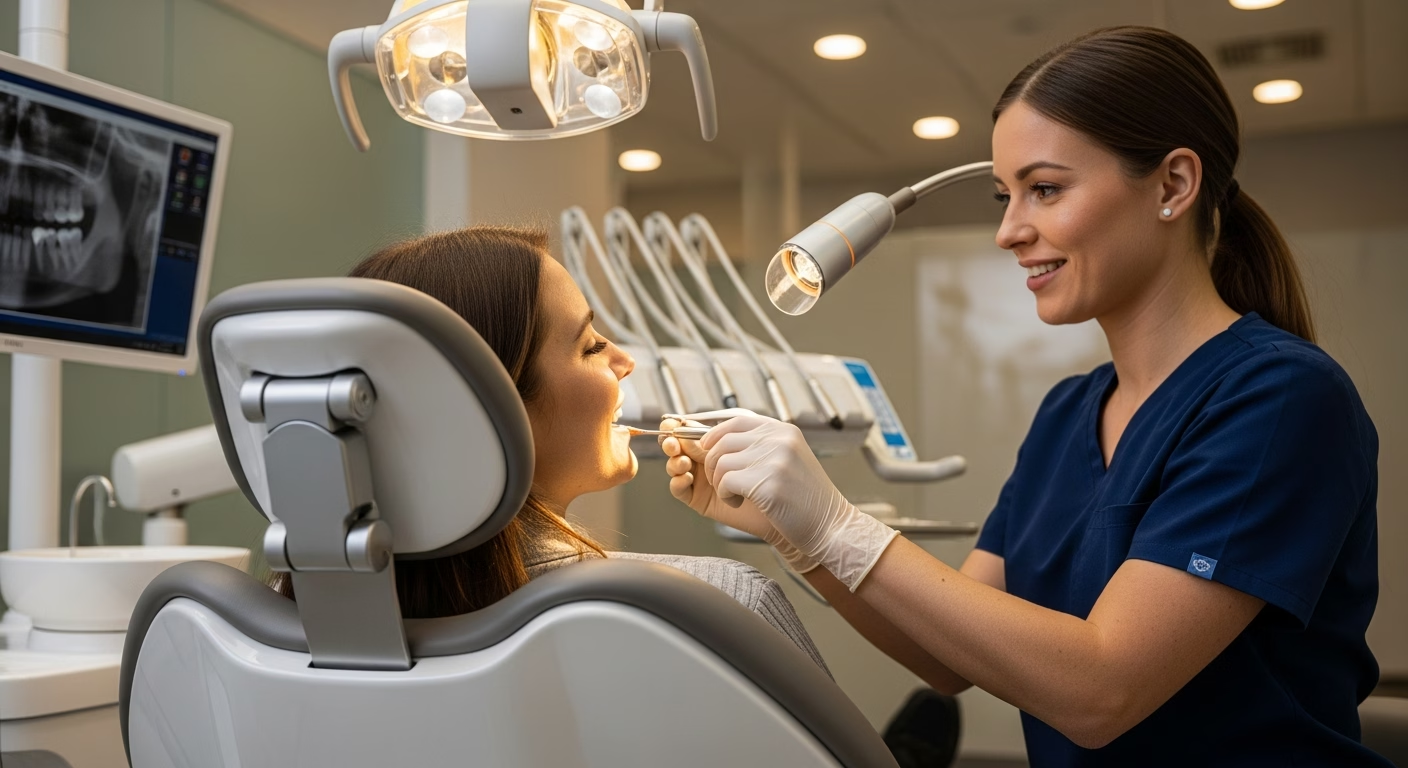
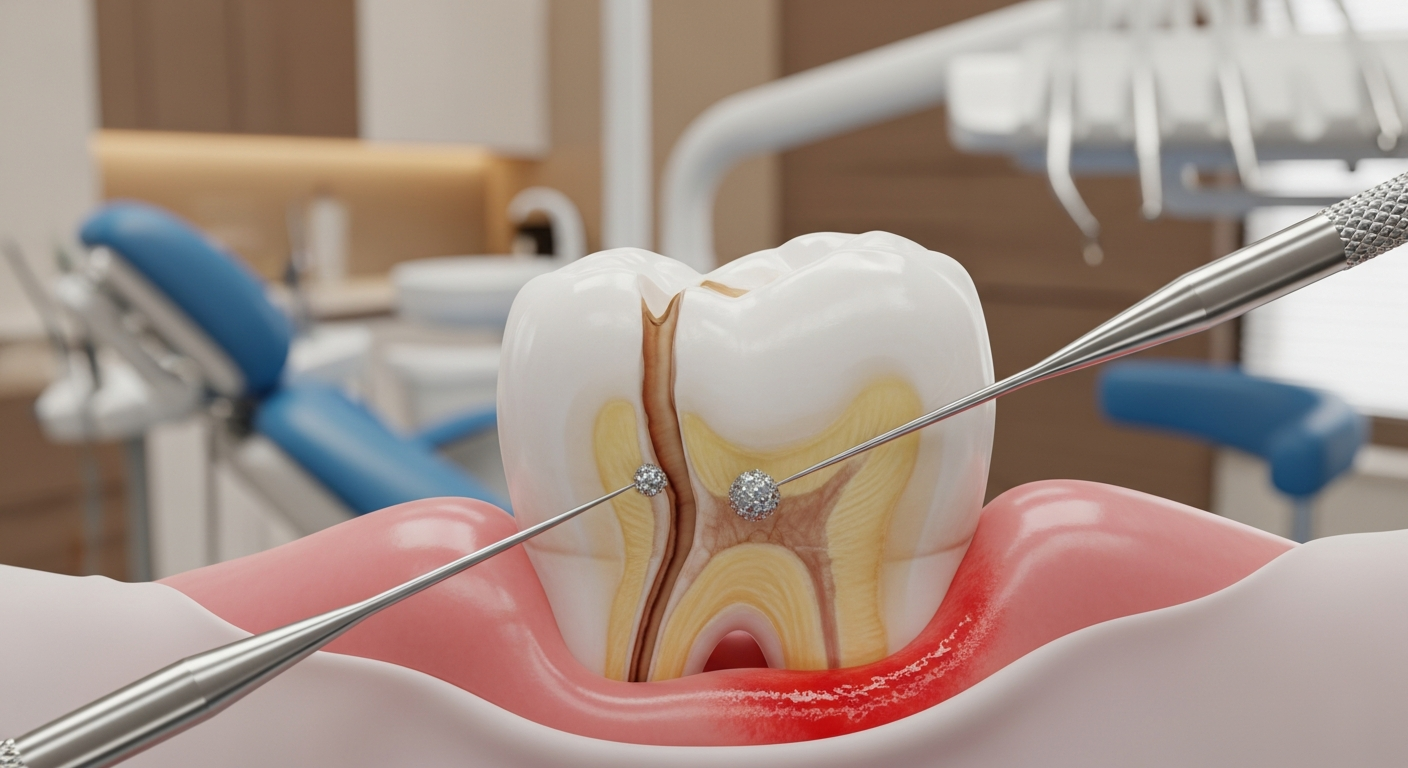




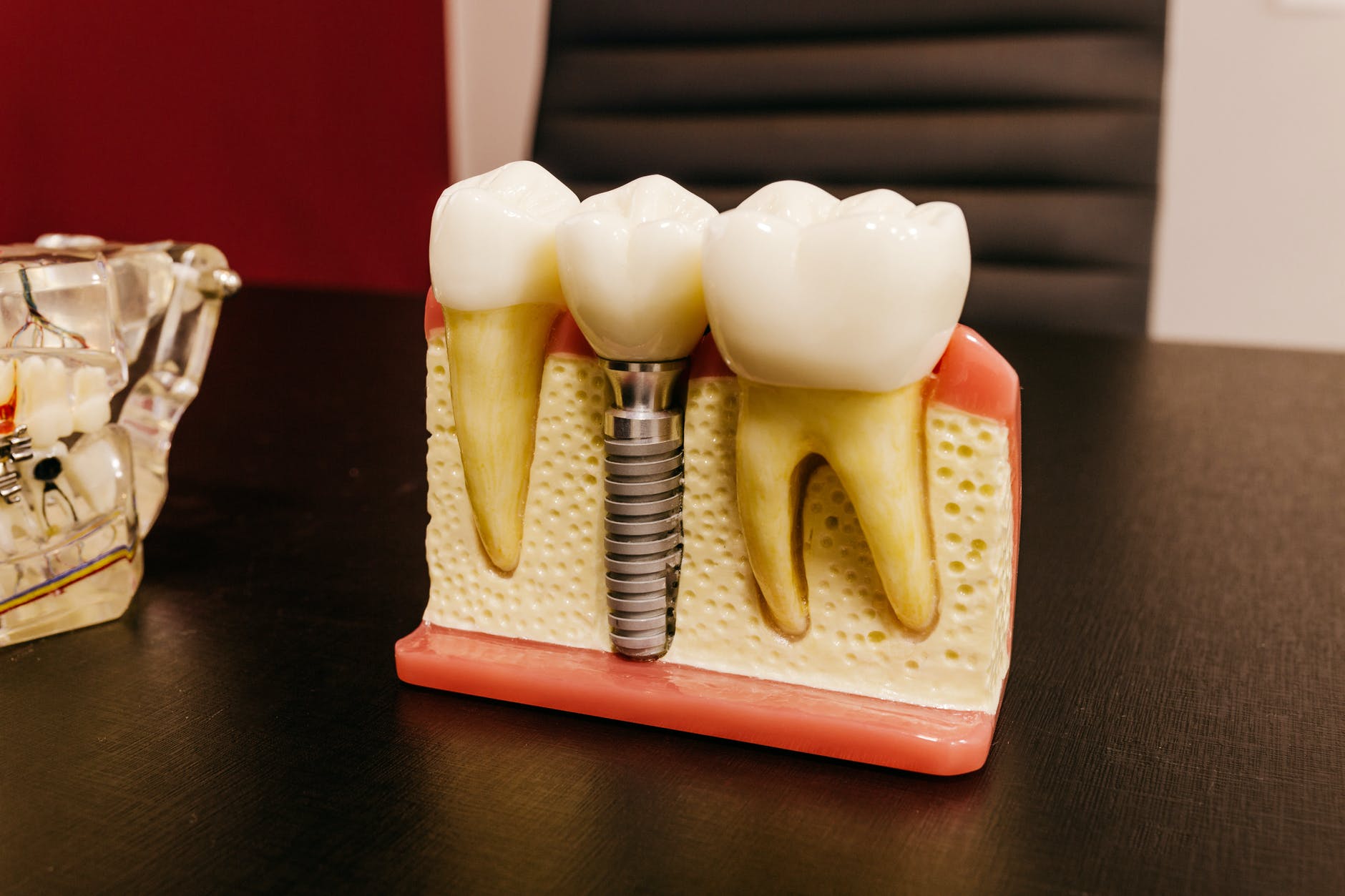


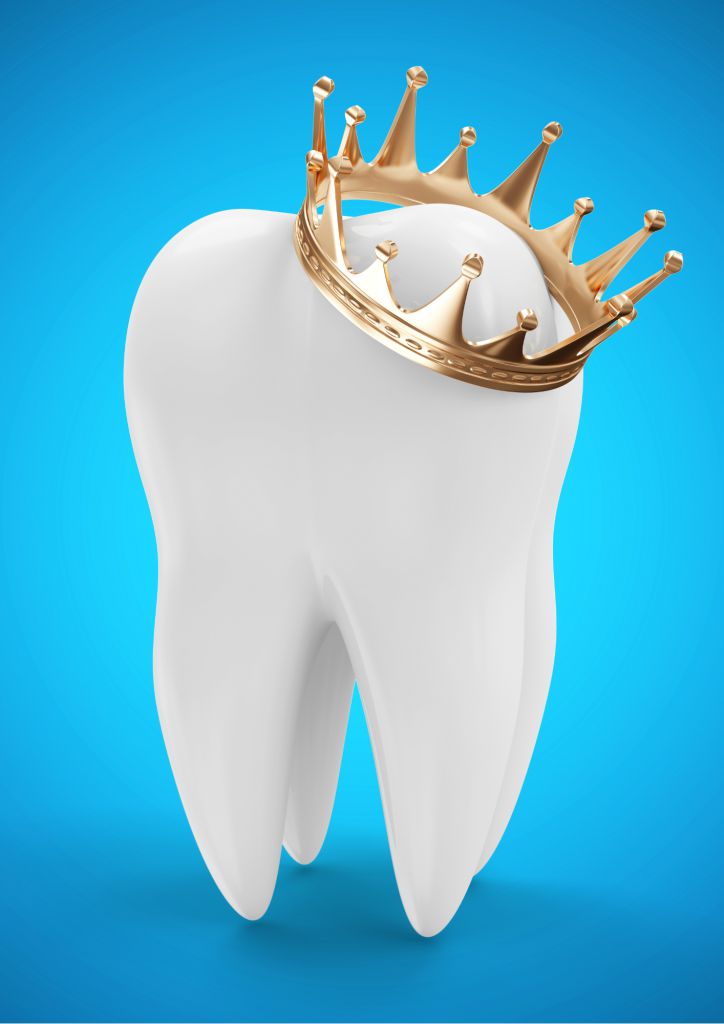



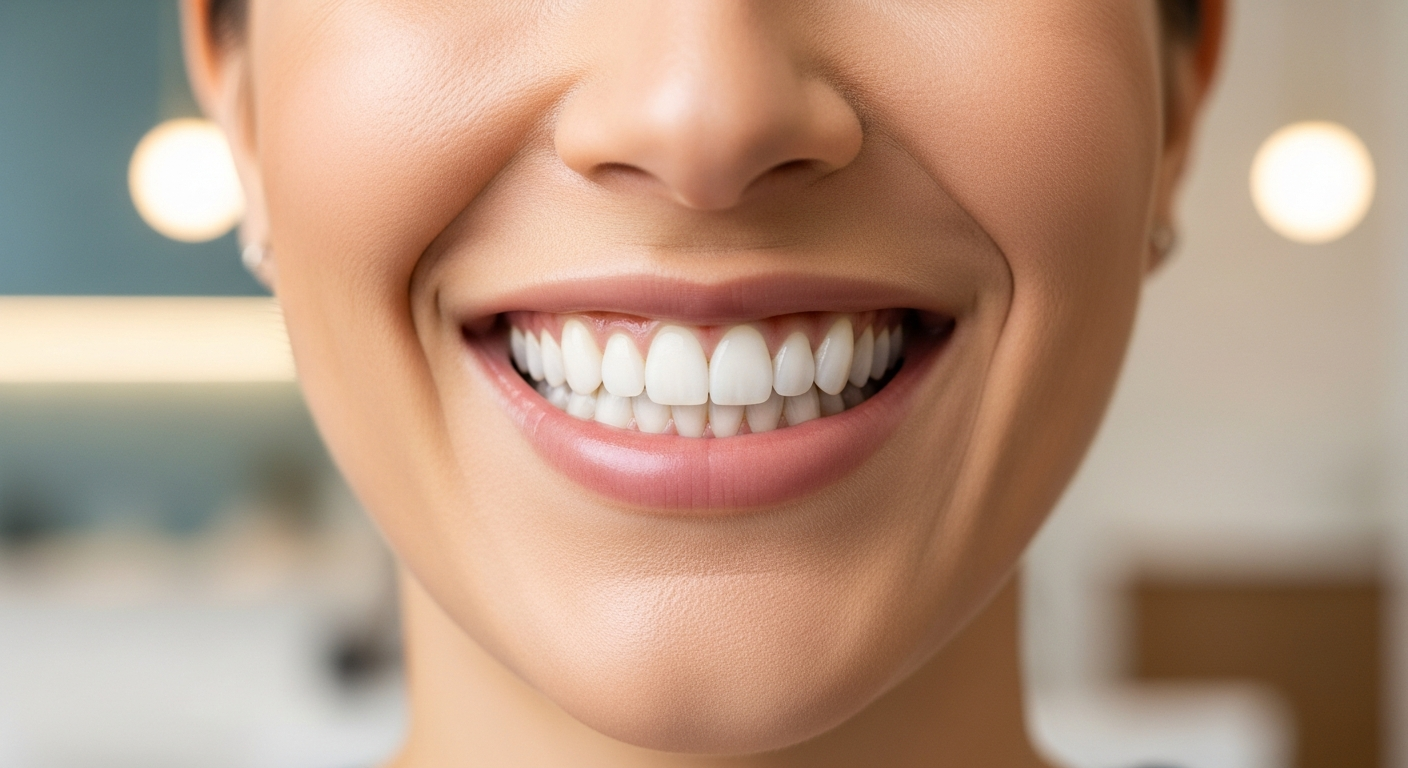



.avif)


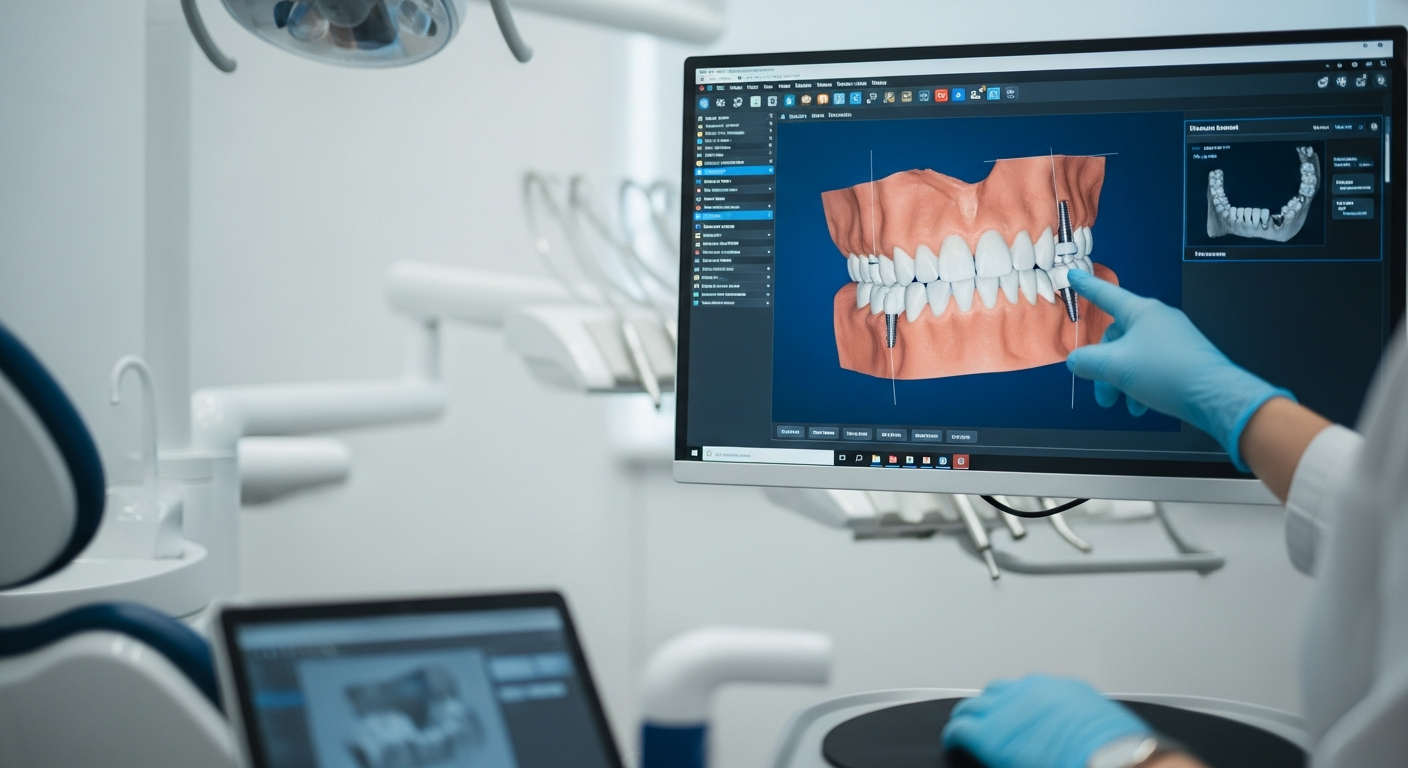

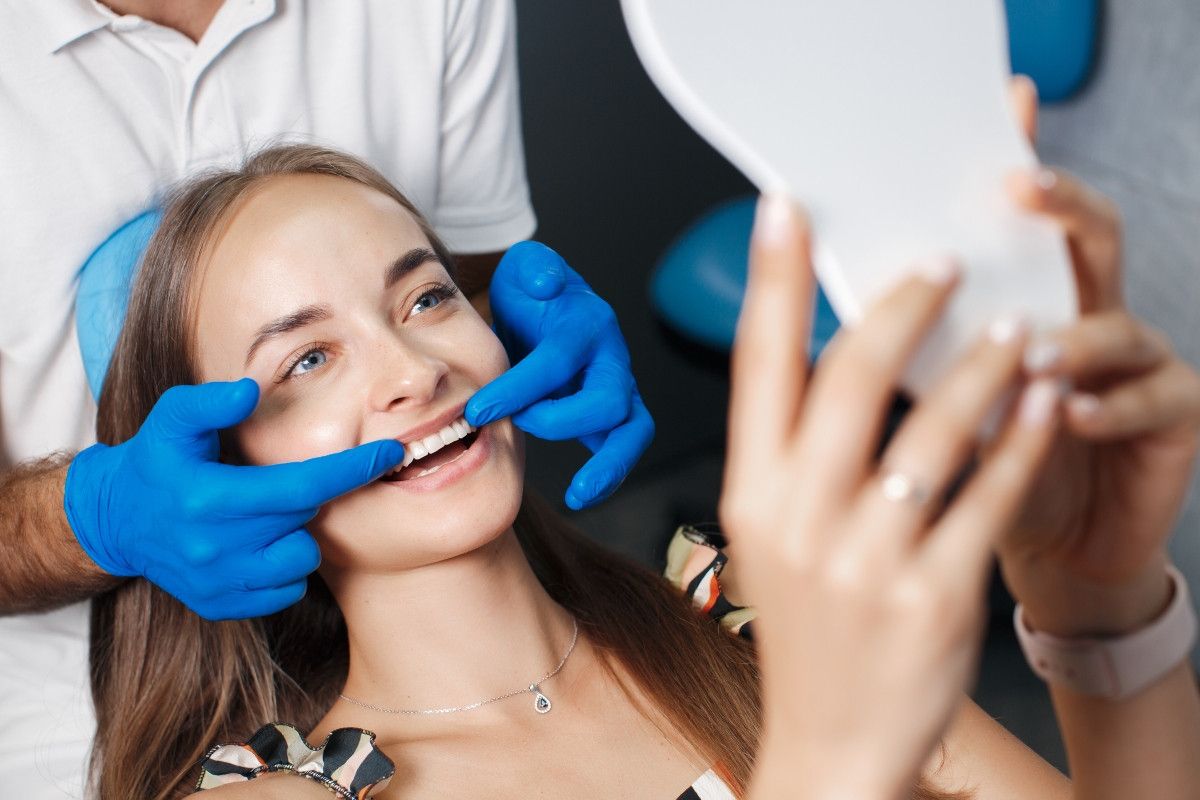

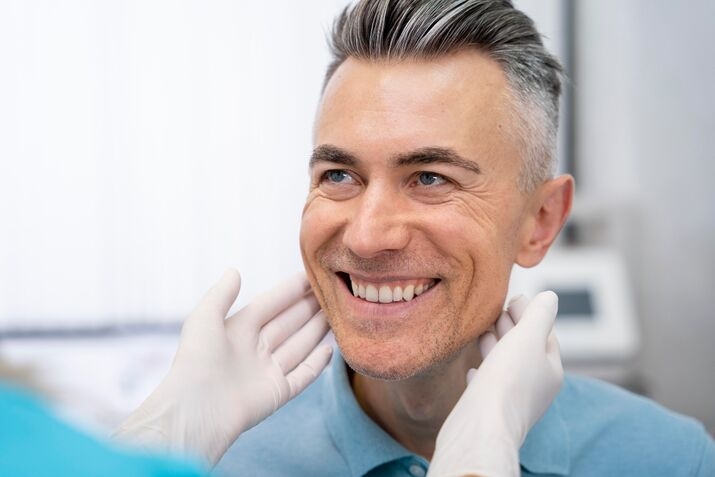
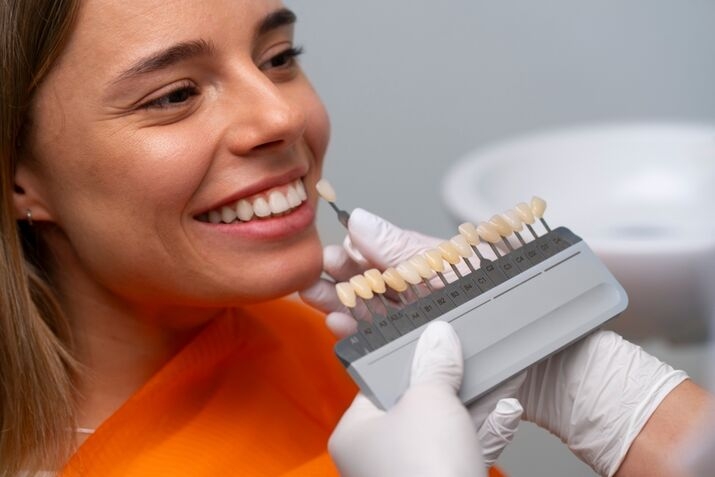
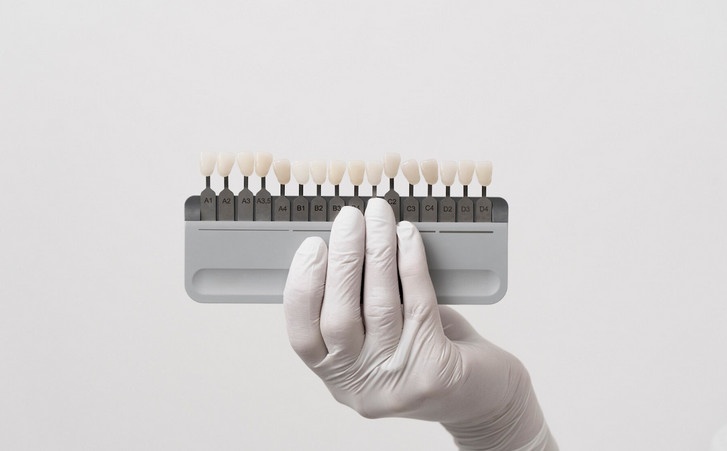

.jpg)


















.avif)


















.jpg)


